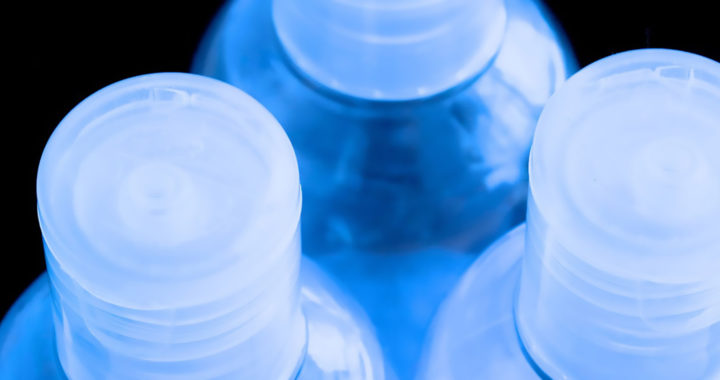Multinational consumer goods company Unilever has introduced in April 2014 a new process for producing eco-friendly bottles. In close collaboration with global packaging suppliers APLA and MuCell Extrusion, the company developed the MuCell Technology for Extrusion Blow Molding—a process for manufacturing bottles that contain 15 percent less plastic.
Background of MuCell Technology
MuCell is a portmanteau of microcellular plastic foam—a plastic that has been specially fabricated so as to create micro-pores or cells in the polymer matrix. Professor Nam P. Suh and his colleagues from the Massachusetts Institute of Technology invented this particular type of plastic during the 1980s.
Trexel Inc. was granted an exclusive worldwide license for the further development and commercialization of the technology in 1995. Furthermore, MuCell is specifically a tradename for the actual process involved in the production of injection molded and extruded thermoplastics consisting of microcellular plastic foam.
The bottle-manufacturing process from Unilever is nonetheless a reapplication of the original MuCell technology developed by MIT researchers and expanded and commercialized by Trexel. This new process represents a breakthrough in bottle packaging and molding standards.
Instead of conventional injection molding, MuCell Technology involves creating gas bubbles in the middle layer of the mold through gas injection. The resulting product is a bottle with less density and plastic composition.
Unilever is currently using the re-engineered bottles in its Dove Body Wash products that are distributed and sold across Europe. Take note that in 2013, the European market consumed 33 million Dove Body Wash bottles.
The company believes applying MuCell Technology in its packaging standard will result in saving up to 275 tons of plastic a year. Of course, the company is planning to fully utilize MuCell Technology across all relevant products.
Unilever and Social Responsibility
David Blanchard, chief research and development officer, said, “As part of the Unilever Sustainable Living Plan we have set ourselves an ambitious goal to halve the waste associated with our products by 2020. This technology is not only contributing to our aim, but it is also living proof of how working differently can achieve great results.”
Applying the aforementioned technology across all Unilever products that use plastic packaging could result in saving up to 27000 tons of plastic a year.
But the vision of Unilever for MuCell Technology does not rest alone on their products. As part of its corporate social responsibility, the company has waived its exclusive rights to the use of the technology beginning in early 2015. Unilever encourages other manufacturers, including competitors, to adopt the technology in their manufacturing process and packaging standard.
“By working with our two partners, we’ve created a unique technology that will transform our portfolio,” said David. “And by opening up access to other manufacturers, we will really start to see an impact. We very much hope that our peers in the industry will take advantage of this technology too and apply it to their products.”
There are other advantages of using MuCell Technology. These include cost reduction through the use of smaller molding machines, use of lower-cost filled polyolefin materials, faster molding cycle time, and increased yield. Environmental benefits include reduction in consumption of petroleum byproducts, reduction in energy consumption during molding, and reusability of molded parts.

